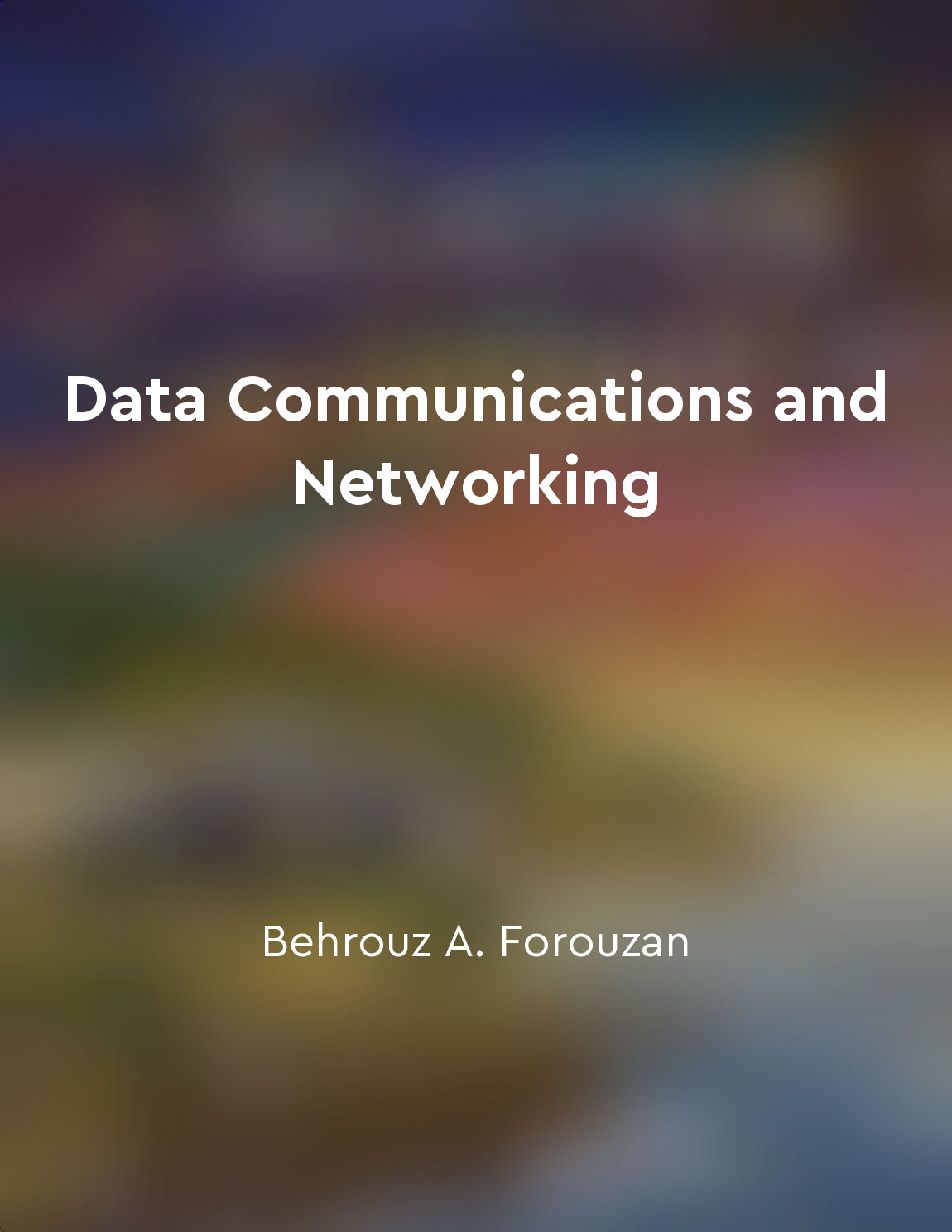Security controls help mitigate potential threats from "summary" of Introduction to Information Security by Timothy Shimeall,Jonathan Spring
Security controls are essential components of any comprehensive information security program. These controls are put in place to help safeguard an organization's sensitive data and systems from potential threats. By implementing security controls, organizations can reduce their exposure to cyber attacks and other security incidents that could compromise the confidentiality, integrity, and availability of their information assets. There are various types of security controls that can be implemented to address different types of threats. For example, access controls help prevent unauthorized individuals from gaining access to sensitive information, while encryption controls help protect data both in transit and at rest. Additionally, intrusion detection and prevention systems can help organizations detect and respond to potential threats in real-time. By having a layered approach to security controls, organizations can create a defense-in-depth strategy that increases their overall security posture. This means that even if one security control fails, there are other controls in place to help mitigate the impact of a potential security incident. For example, if a firewall fails to block a malicious network packet, an intrusion detection system can still alert security personnel to the potential threat. It's important to note that security controls are not foolproof and cannot guarantee complete protection against all threats. However, by implementing a combination of preventative, detective, and corrective controls, organizations can significantly reduce their risk exposure. In this way, security controls serve as a critical line of defense in the ongoing battle against cyber threats. By continuously monitoring and updating security controls in response to evolving threats, organizations can stay one step ahead of potential attackers and better protect their valuable information assets.Similar Posts
Managing user access to systems can prevent unauthorized entry
User access management is a critical component of cybersecurity that plays a key role in preventing unauthorized access to syst...

Innovation and creativity are key drivers of success in the Fourth Industrial Revolution
In the context of the Fourth Industrial Revolution, the importance of innovation and creativity cannot be overstated. These two...
Machines are revolutionizing every aspect of our lives
The rapid advancement of technology has brought about a seismic shift in the way we live, work, and interact with the world aro...
Cybersecurity is a growing concern
As we hurtle towards an increasingly digital world, the specter of cyber attacks looms larger than ever before. Organizations, ...

Data link layer protocols handle data framing and error detection
The data link layer is responsible for taking the raw transmission facility and transforming it into a line that appears free o...

Subnets divide networks into smaller parts
Subnets play a crucial role in network management by breaking down larger networks into smaller, more manageable parts. By divi...
Testing validates system functionality
Testing is a crucial aspect of validating system functionality, as it enables designers to determine whether the system operate...

Securitization transforms illiquid assets into tradable securities
Securitization is a financial process that involves transforming illiquid assets into tradable securities. Illiquid assets are ...
Cloud computing provides ondemand resources
Cloud computing allows organizations to access computing resources, such as servers, storage, and applications, over the intern...
Space domain crucial for national security
The space domain is critical for safeguarding a nation's security. As countries around the world become increasingly reliant on...
